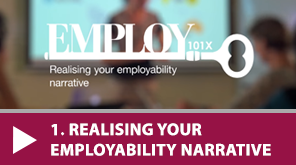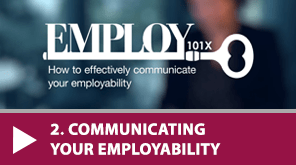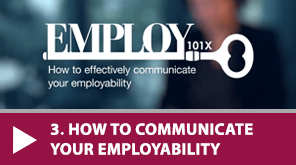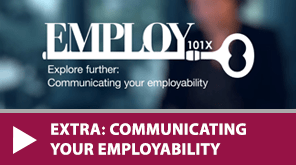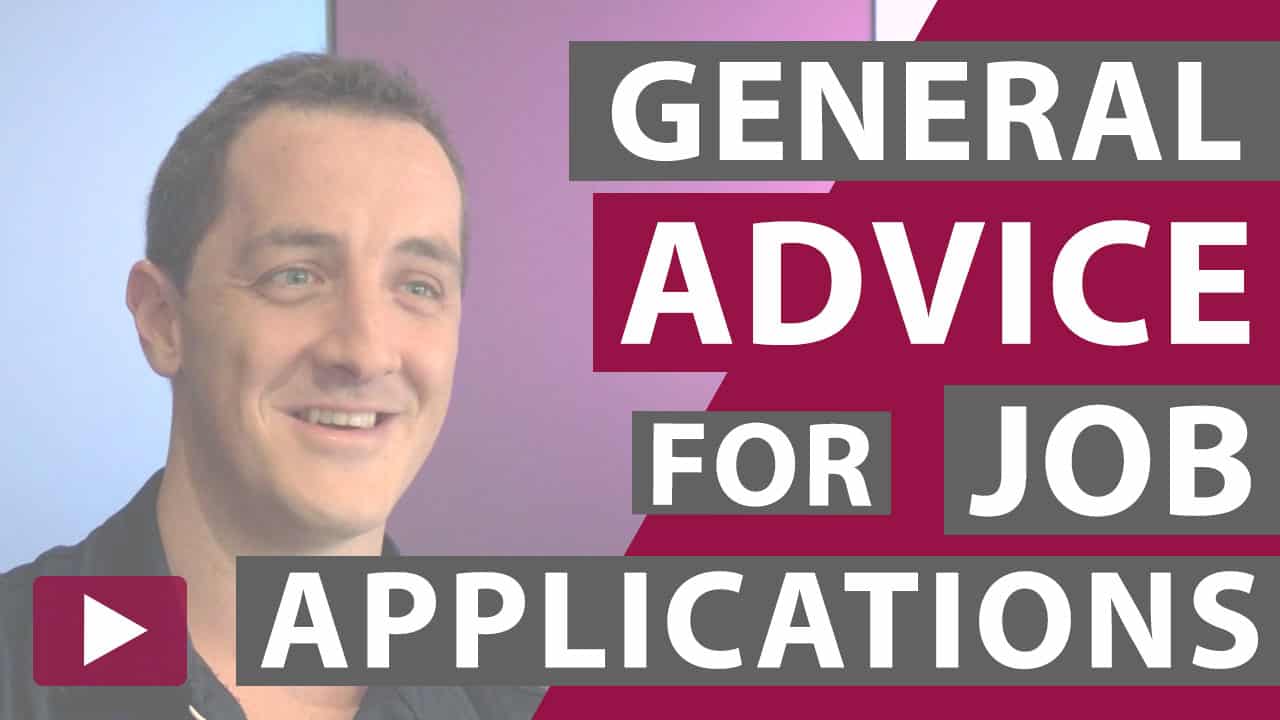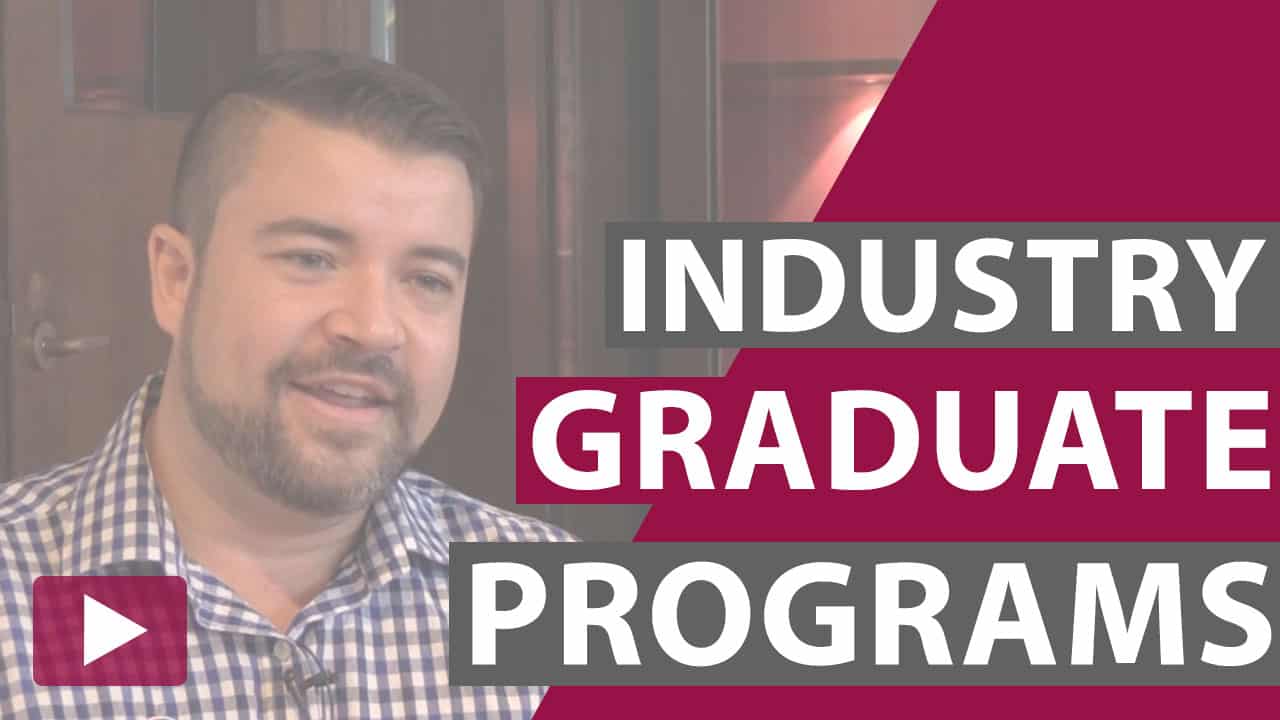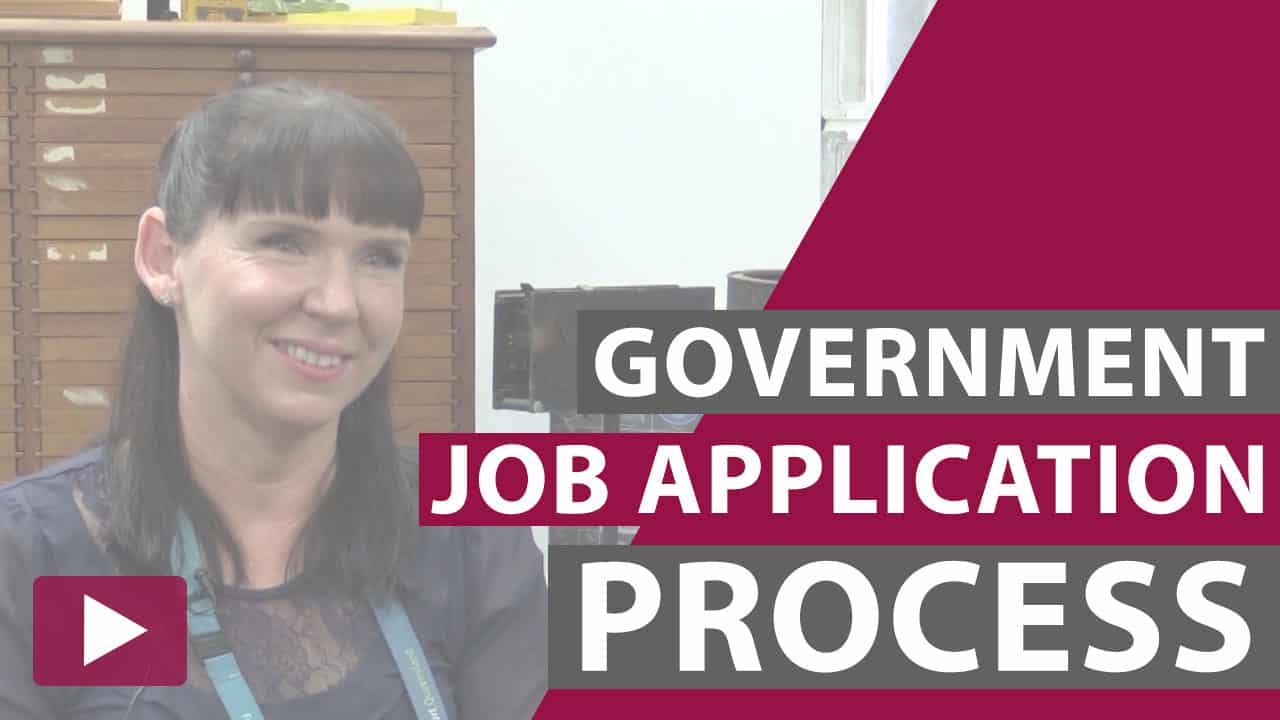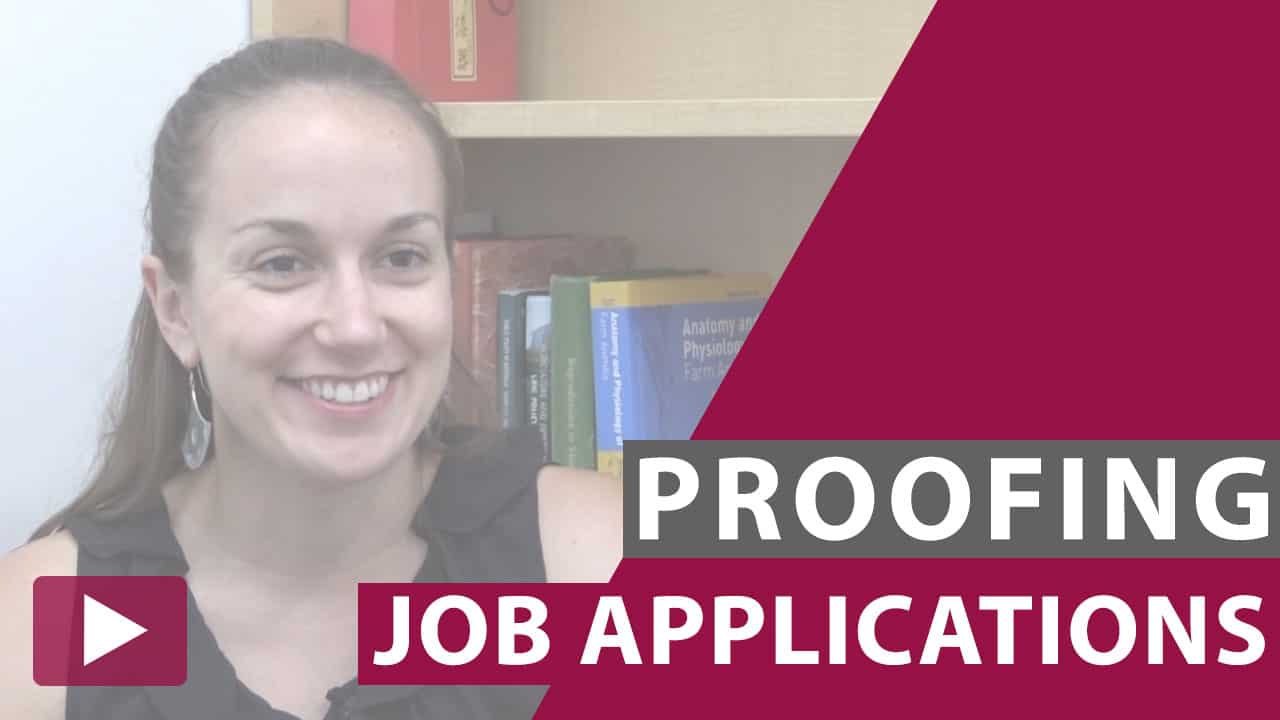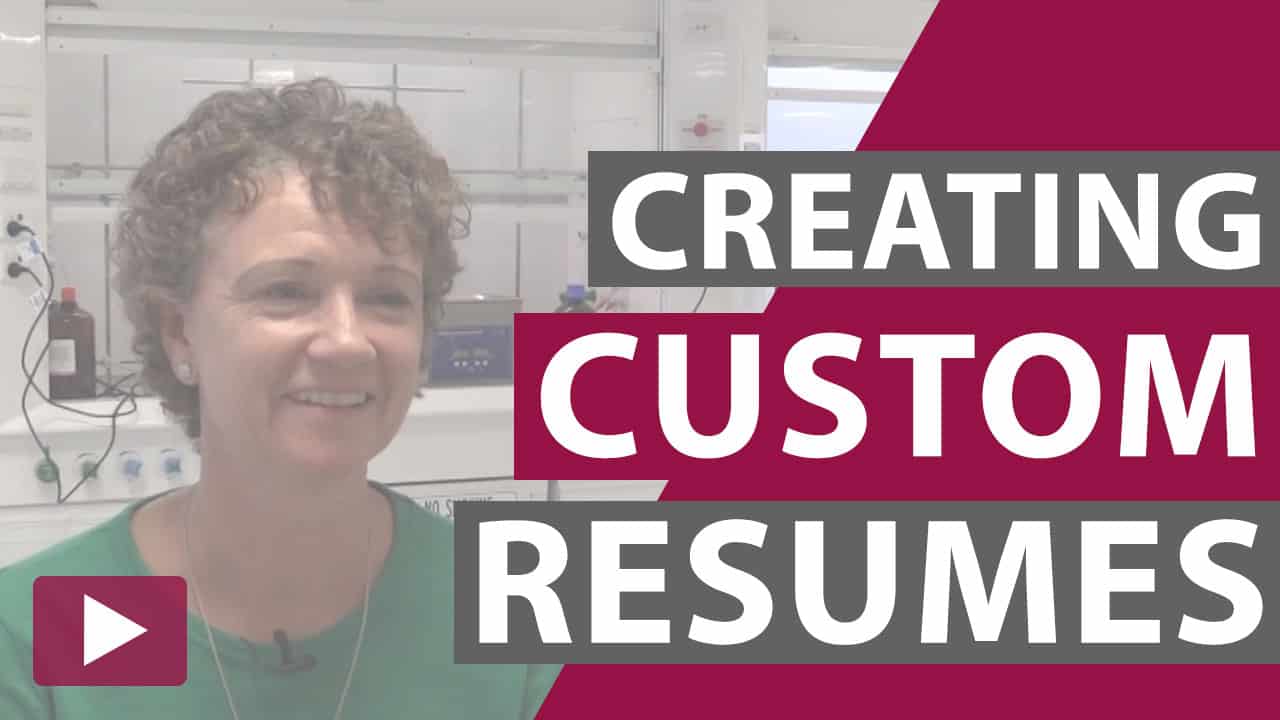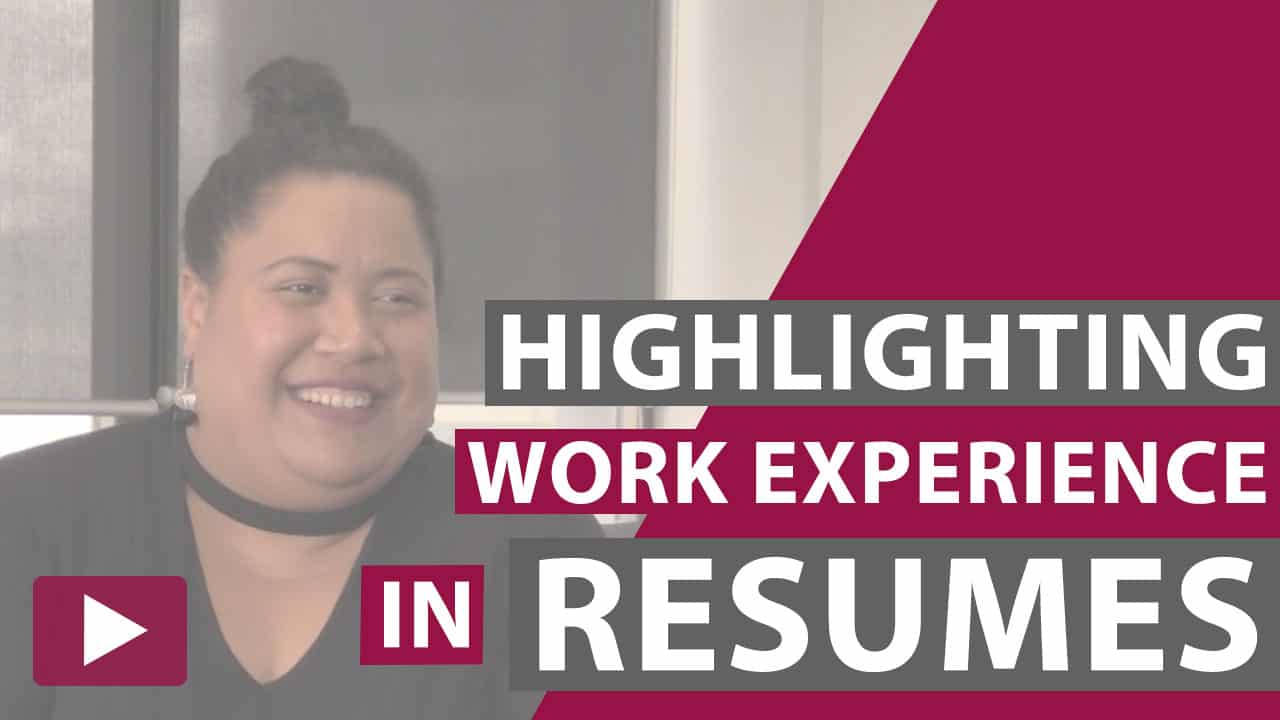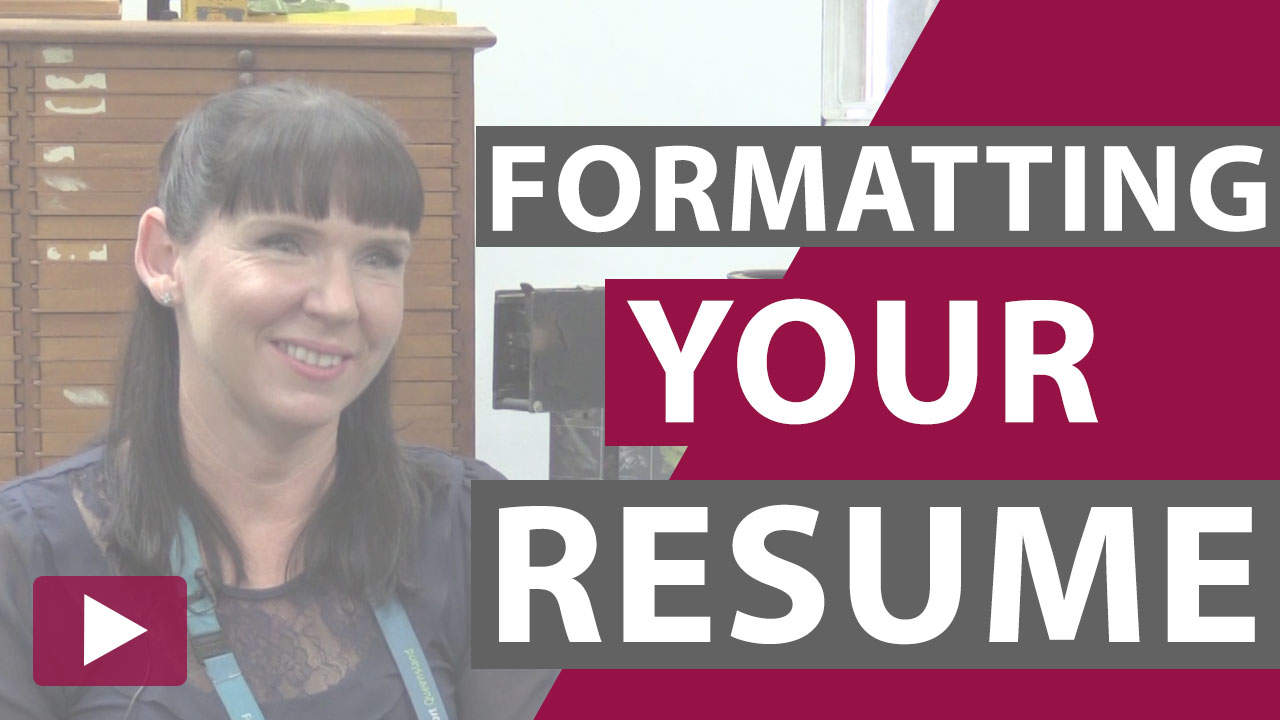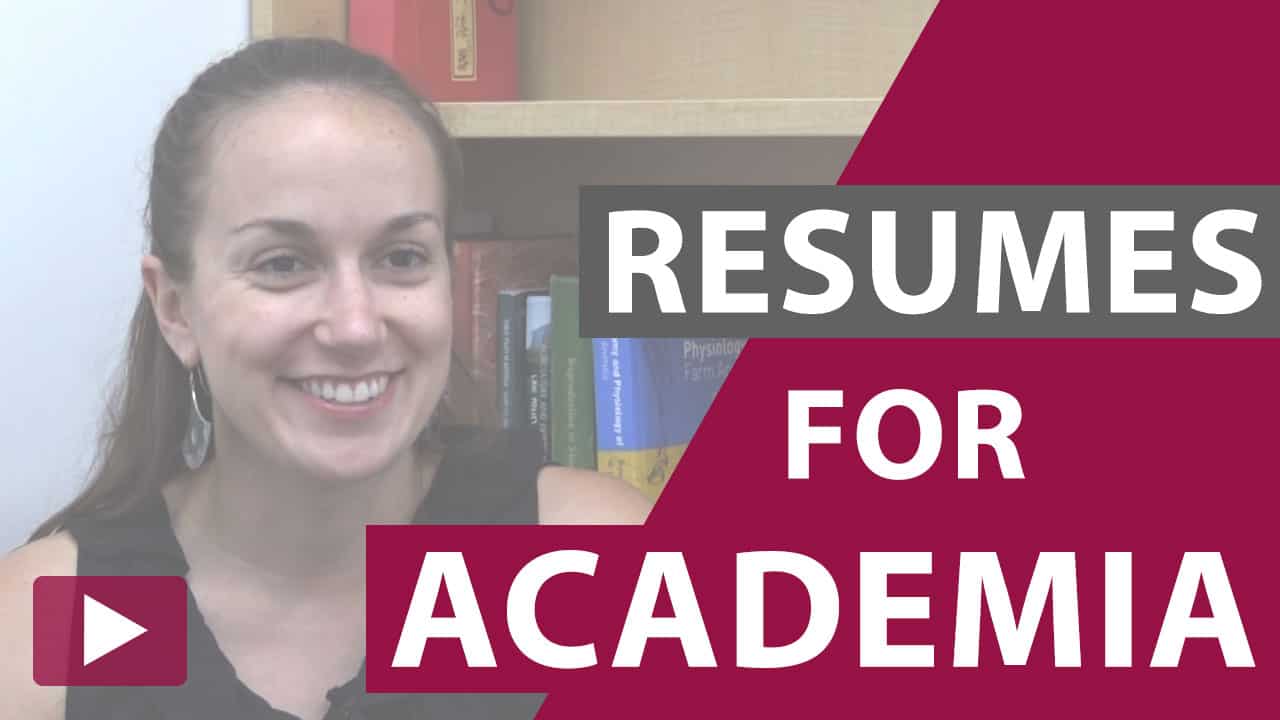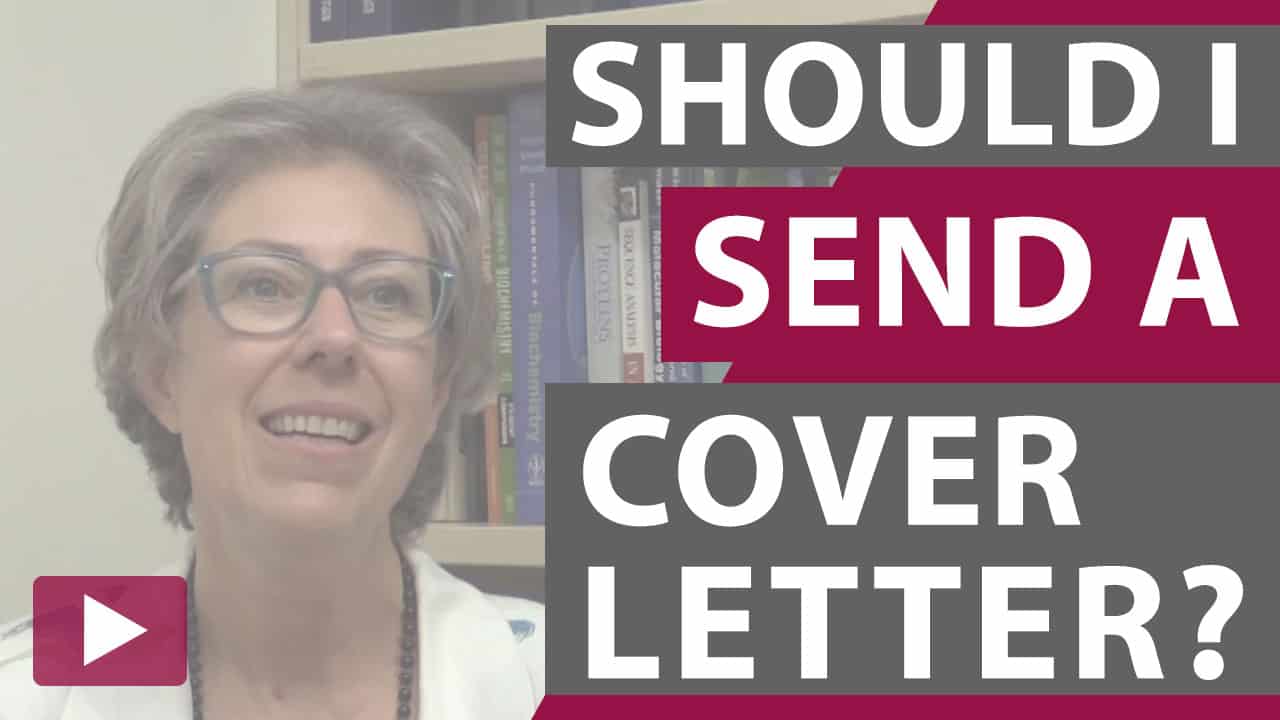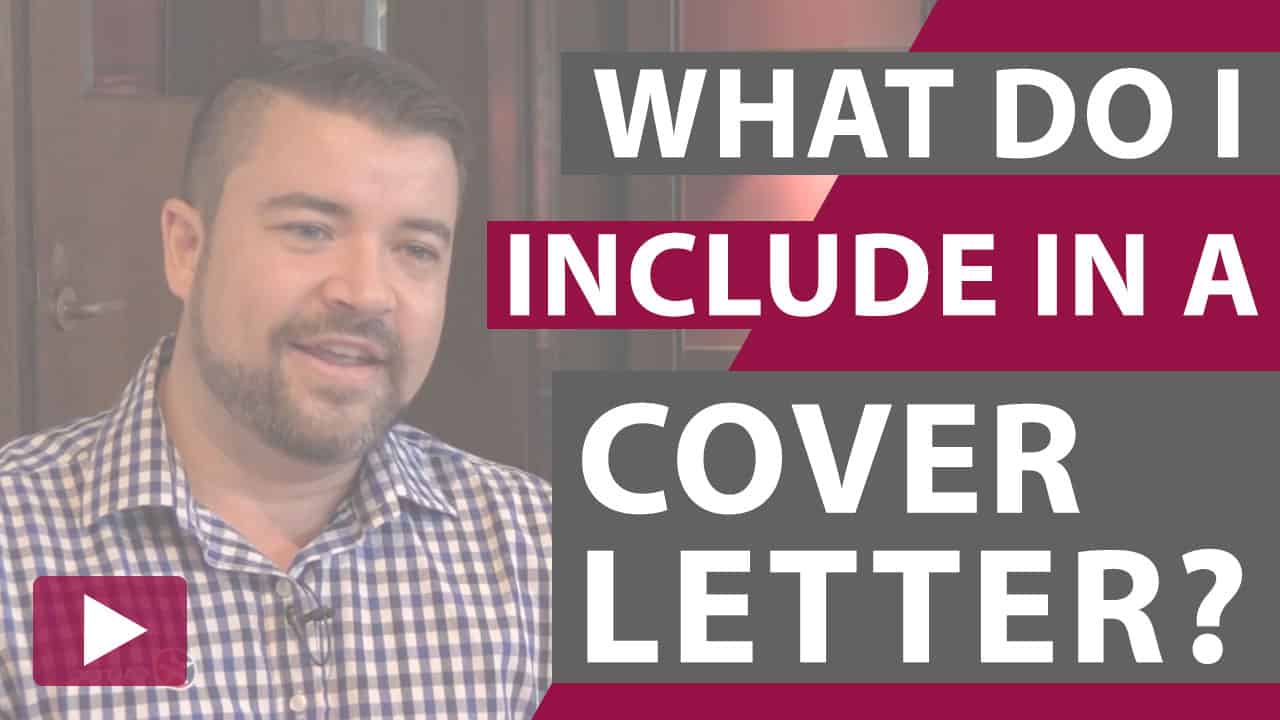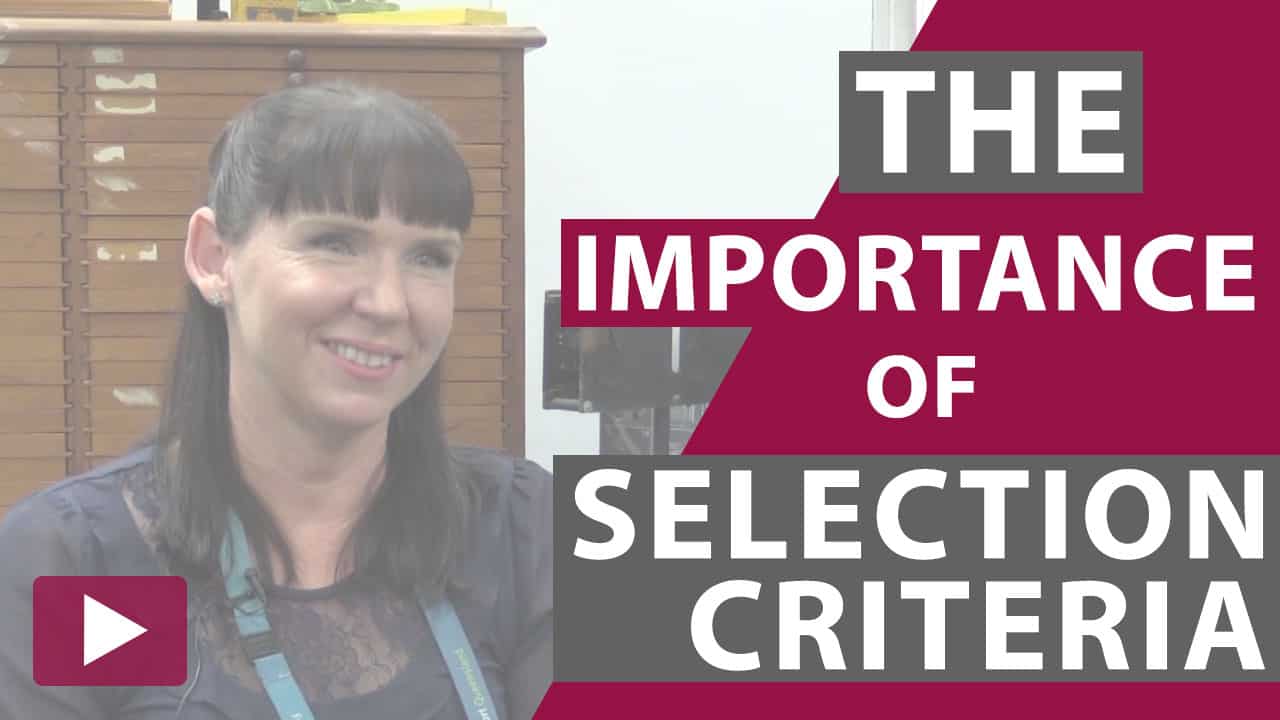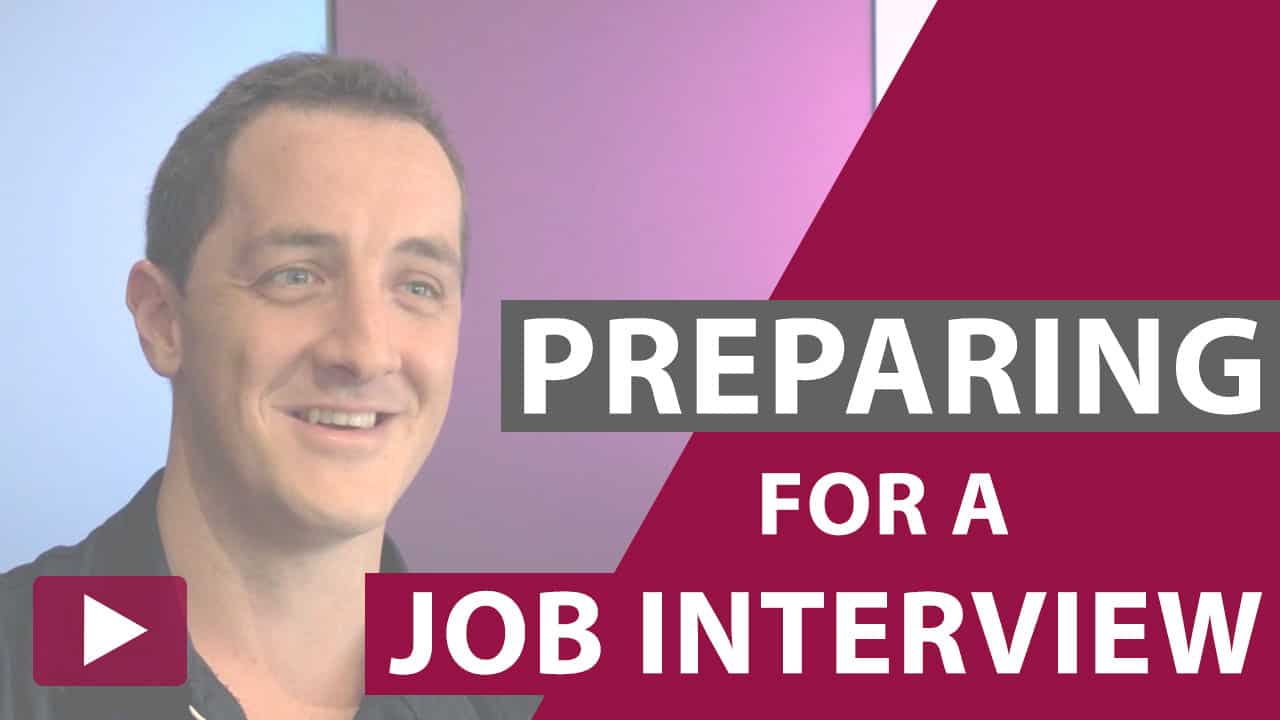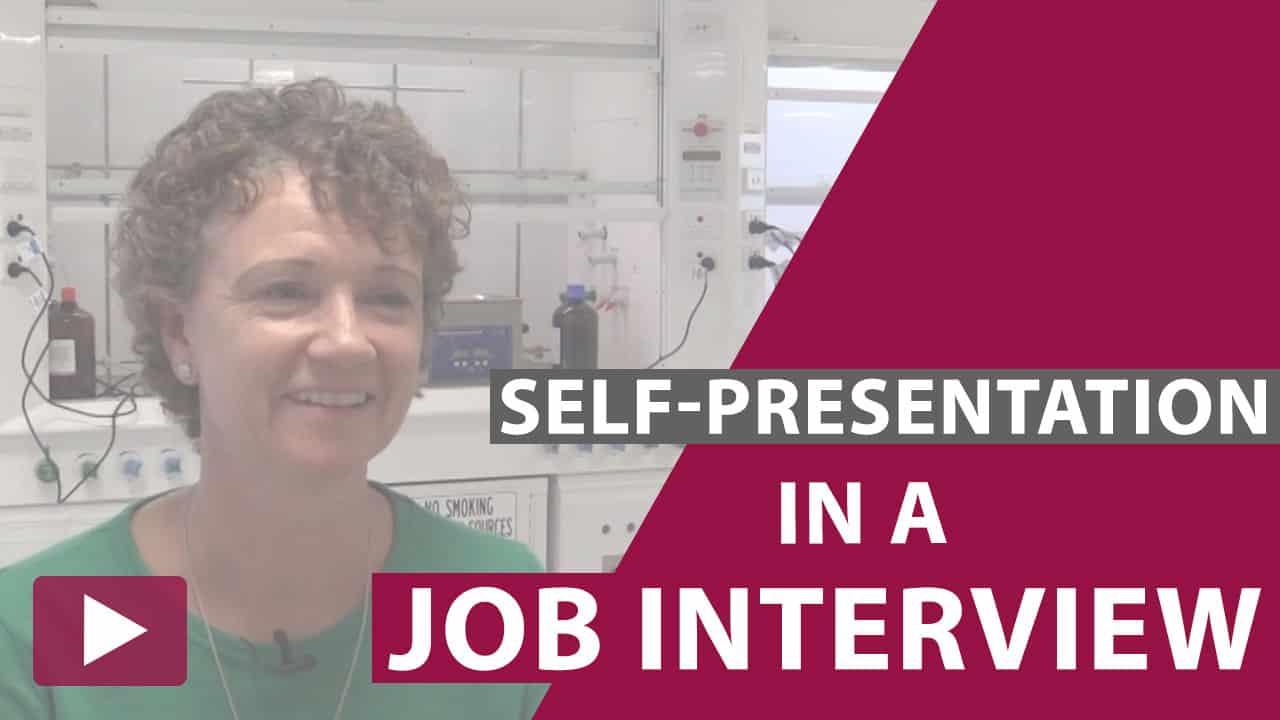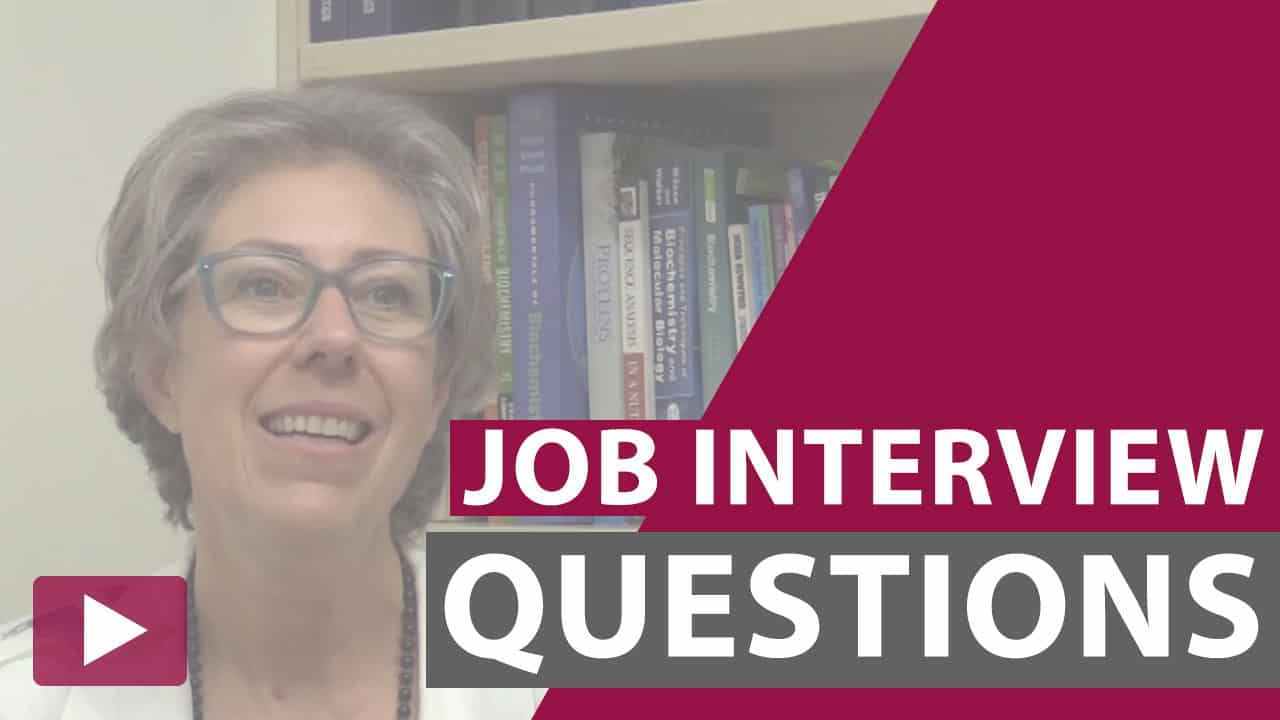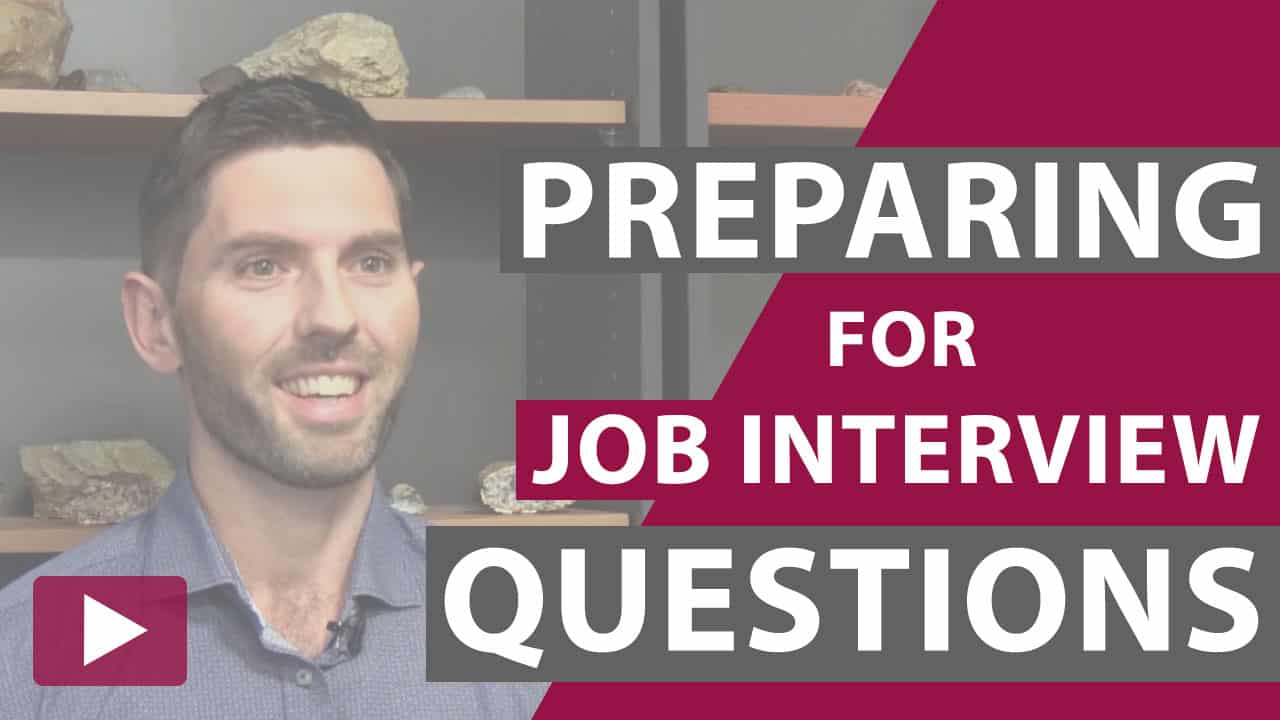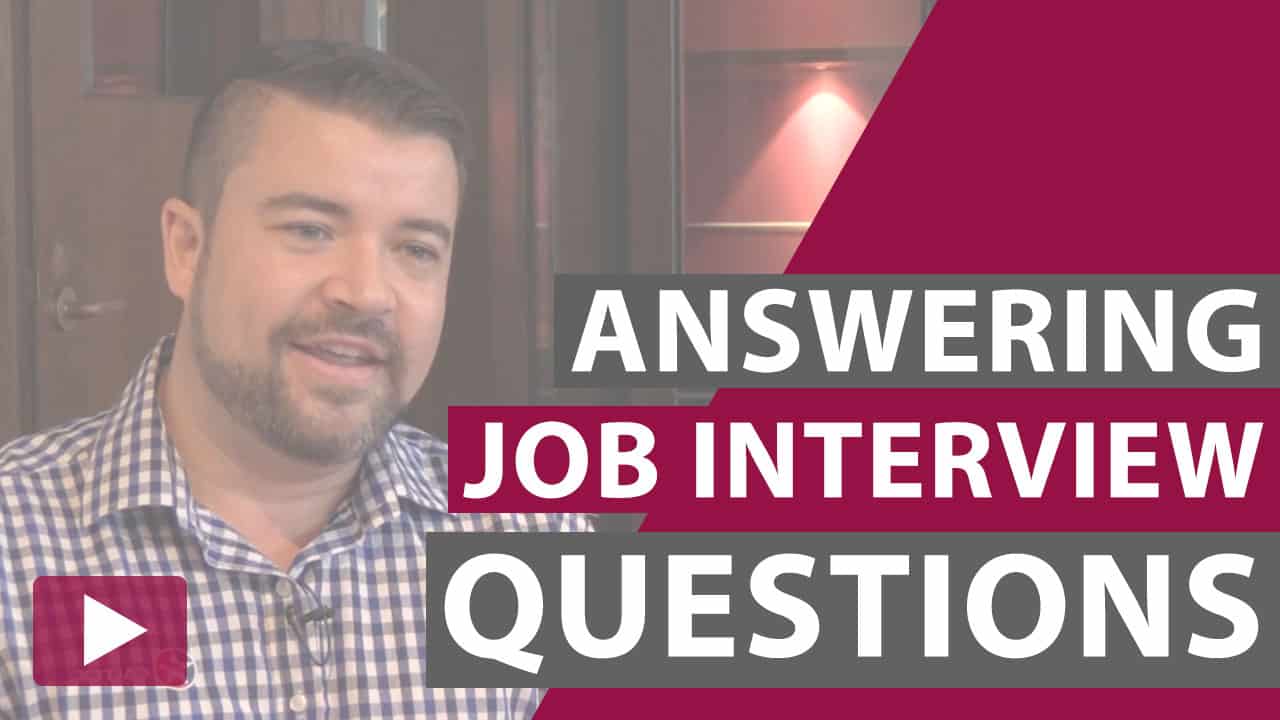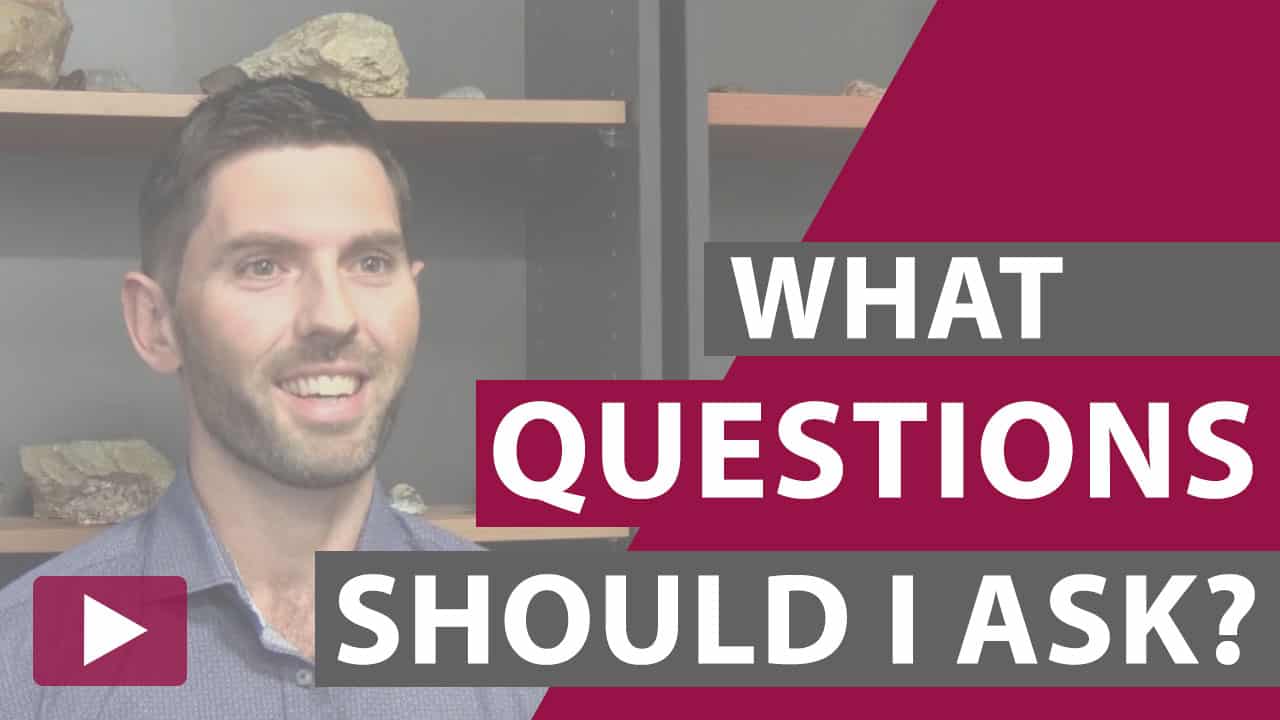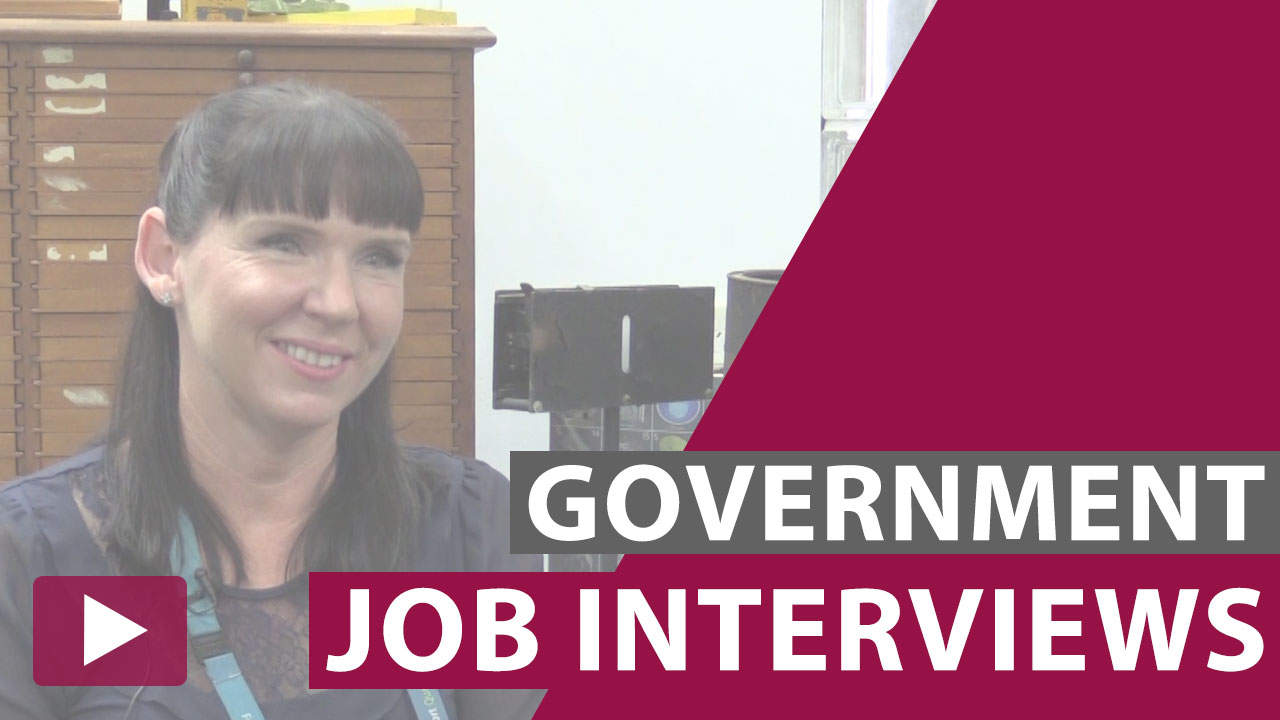Communicating your employability
The process of finding a work experience placement or a science job depends on your ability to communicate your value to people who generally know nothing about you or your experience. As with other communication genres, you need to focus on the audience (potential employers) and understand what they are looking for in an employee.
It is up to you to reflect on your experience (both scientific and non-scientific), identify what relevant skills and experience you have, and convince an employer that you’re the best candidate.
The UQ Employ101x MOOC
This is an excellent short course to help you to develop and communicate your employability. To get you started, we’ve provided some key videos from the MOOC related to communicating your employability.
We highly recommend completing the full course – it’s free and can be completed at your convenience.
Employablity resources
For more resources on employability and applying for jobs, visit the Developing Employability website.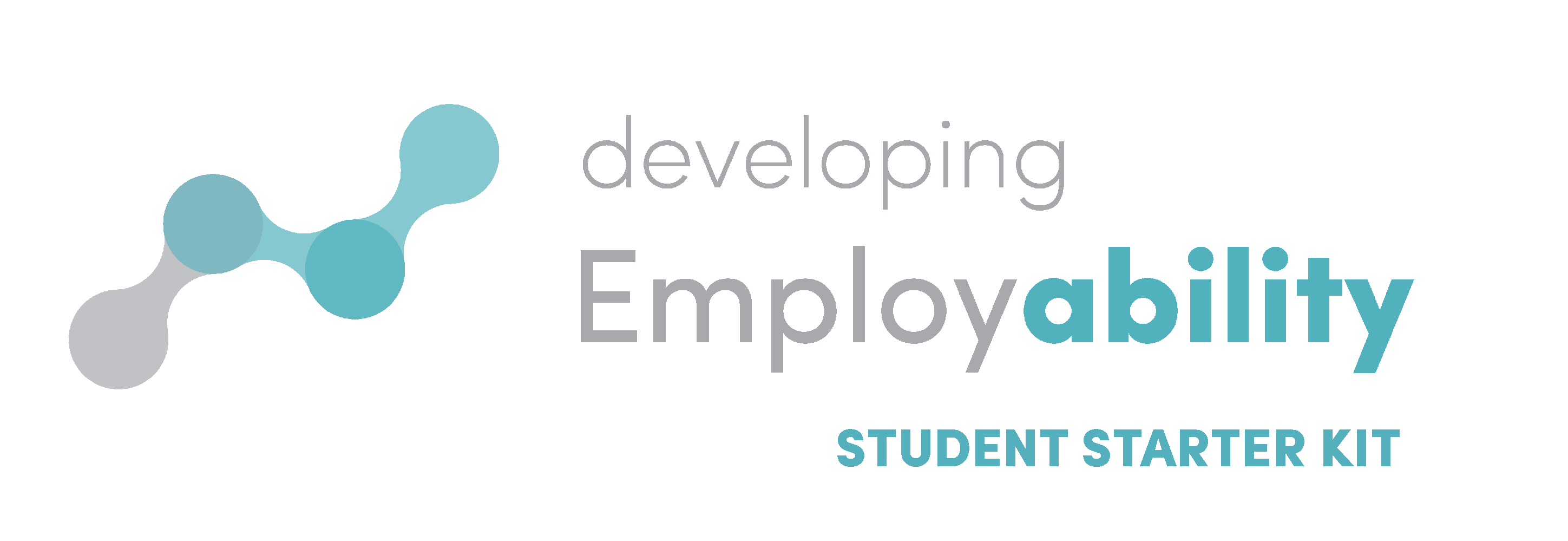
Self-presentation
Job applications
A job application is often the only means you have to communicate your image to a potential employer and secure an interview. Resumes, cover letters, and selection criteria communicate your image to a potential employer through both the content and the formatting.
Each job application should be tailored to the specific job description, drawing upon all of your relevant skills and experience to create the most appropriate and effective image for that job. Your application should also be formatted correctly and be free from spelling and grammatical errors.
- Write your application specifically for the advertised job
- Address the selection criteria
- Follow the instructions for each application
Check social media privacy
Always check your social media privacy settings before applying for jobs to ensure that potential employers and recruiters don’t have access to any unflattering photos or rants. You may have submitted an outstanding job application but if a potential employer sees photographic evidence of your drunken escapades, your chances of being offered an interview may be affected.
UQ Digital Essentials: Your digital footprint
Interviews
During a job interview you will be assessed on your verbal and non-verbal communication skills and your ability to use these skills to convince an employer that you’re the best candidate for the position. Similar to your written job application, your responses to interview questions and your overall appearance should contribute to the image you want to create for an employer, and should reinforce the image that you have created in your job application.
While nervousness during an interview can hinder your ability to create your preferred image, through preparation and practice you should be able to effectively minimise any negative impacts. It’s OK, though, to be a bit nervous at an interview. It shows you care!
Applying for science jobs
A formal job application is often the only way to secure a job interview, therefore it is essential that you understand what employers are looking for in resumes, cover letters, and selection criteria responses.
Similar to other forms of communication, job applications have:
- a purpose (to secure an interview);
- an audience (hiring manager or recruiter); and
- defined genres (resume, cover letter, and selection criteria).
You should keep these important aspects of communication in mind when preparing your application. What you include in your applications and how they are formatted should maximise the chance of achieving your purpose.
Job applications with grammatical, spelling, or formatting errors are highly unlikely to lead to an interview. If possible, have a friend or family member proof your applications before you send them.
Preparing your application
When preparing an application, it is important that you follow the instructions on what should be included. Most jobs in science will require a cover letter, a resume, and responses to selection criteria, but requirements will vary depending on the employer or scientific field.
Your aim should be to highlight your skills that are most relevant to the advertised position. This process doesn’t necessarily mean you will start from scratch for each application. By keeping a record of all of your skills and experience from university, work, and other activities, you will have all of the necessary information at your fingertips. As you apply for more jobs, you can adapt and refine your past job applications to create custom applications for new roles.
This module provides examples and advice on the different aspects of communication required for job applications in science.
Getting help at UQ
(requires UQ student login)
While the resources in this module will help you to create a great job application, we encourage you to use the services of the UQ Student Employability Centre and the UQ Union.
UQ Student Employability Centre
The UQ Student Employability Centre supports UQ students in preparing job applications through on-campus workshops and a variety of online resources.
For more information, visit the UQ Student Employability Centre website.
Application resources
Resume writing guide
Referees guide
Phrase and professional language guide
Using action verbs
Cover letter writing guide
Responding to selection criteria
UQU Student Help On Campus (SHOC)
The UQ Union provides job-seeking assistance to all current UQ students.
For more information or to book an appointment with the employment advocate, visit the SHOC employment website
Resources
Writing a resume guide
Writing a cover letter guide
